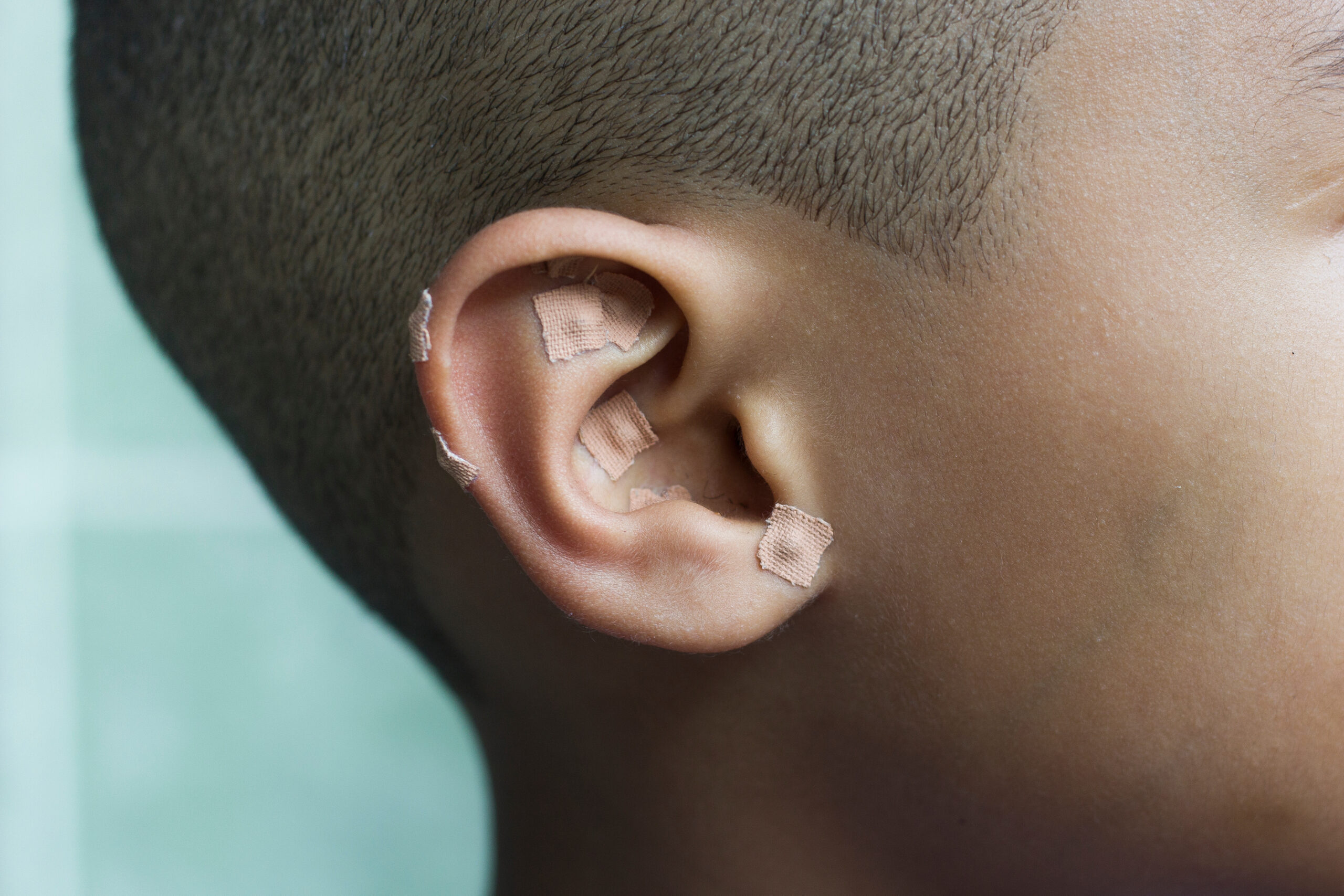Introduction
In today’s fast-paced world, parents often find themselves looking for natural ways to support their children’s health and well-being. Acupuncture and Chinese herbal medicine, though ancient practices, are gaining recognition for their gentle and effective approach to pediatric care. Whether your child is struggling with digestive issues, sleep problems, or emotional balance, these therapies offer a holistic way to support their health—naturally.
1. Acupuncture: A Gentle, Natural Treatment for Kids
Acupuncture involves the insertion of very fine, sterile needles into specific points on the body to stimulate the flow of energy, or “Qi.” In pediatric care, acupuncture is typically adapted to be non-invasive and gentle.
For younger children, acupuncturists may use methods such as acupressure (gentle touch on acupoints), laser acupuncture, or even tiny needle-like devices that don’t actually pierce the skin. The goal is always to provide a comfortable and calming experience, making it both a safe and effective treatment for children.
While the idea of needles can make parents hesitant, acupuncture for kids is generally painless. In fact, many children find it relaxing and even enjoy it, often because it helps them feel calmer and more balanced. The treatment is commonly used for conditions such as:
- Digestive troubles like constipation, diarrhea, or stomachaches
- Sleep issues, including insomnia and night wakings
- Pain relief for conditions like headaches, growing pains, and minor injuries
- Emotional balance, helping children cope with stress, anxiety, or mood swings
- Immune support, strengthening the body’s ability to fight off illness
2. Chinese Herbal Medicine: A good solution
Chinese herbal medicine is another key pillar of Traditional Chinese Medicine (TCM) and offers a natural way to nurture your child’s health. In this practice, herbs are used to balance the body’s internal systems, promote healing, and address specific health issues.
For children, Chinese herbs are usually prescribed in gentle forms such as teas, powders, or capsules, and can be tailored to meet the child’s individual needs. Unlike pharmaceuticals, which tend to focus on symptom relief, Chinese herbs work to restore balance and treat the root causes of health issues.
Some common conditions where Chinese herbal remedies are used include:
- Respiratory issues, such as frequent colds, coughs, or asthma
- Digestive concerns, including reflux, constipation, and poor appetite
- Skin conditions, like eczema or rashes
- Emotional issues, such as anxiety, irritability, or hyperactivity
- Immune support, to boost the body’s natural defenses
Chinese herbs are considered safe when prescribed by a qualified practitioner, and they offer a gentle way to help children thrive. Many parents find that herbal medicine can be a helpful alternative or complement to conventional treatments.
3. Why Choose Acupuncture and Chinese Medicine for Children?
There are several reasons why acupuncture and Chinese herbal medicine are gaining popularity among parents seeking alternative treatments for their children:
- Non-invasive and drug-free: Both acupuncture and Chinese herbs are natural therapies that work with the body’s own healing systems. They are typically gentle and free of the side effects associated with conventional medications.
- Holistic approach: These therapies treat the whole child—mind, body, and spirit—rather than focusing solely on isolated symptoms. This holistic approach can promote long-term wellness and help prevent future health issues.
- Complementary to biomedicine care: Acupuncture and Chinese medicine can be used alongside conventional treatments to enhance their effectiveness and reduce reliance on medications. Here we believe an integrative approach is best.
4. What to Expect During a Pediatric Acupuncture Session
When you bring your child to an acupuncturist, the practitioner will typically begin by asking about your child’s health history, daily habits, and any concerns you have. Based on this, they’ll develop a treatment plan tailored to your child’s specific needs. If your child is under the age of 4 needles will hardly be retained, or only methods such as shonishin will be used. Children over 5 often will have small needles rest for a short period.
For younger children, acupuncture sessions are usually shorter, and treatments are gentle. The practitioner will focus on making your child feel relaxed and comfortable throughout the session. Parents may even accompany their children during the treatment, providing reassurance and comfort.
5. Safety and Considerations
Both acupuncture and Chinese herbal medicine are safe when practiced by licensed and experienced practitioners. It’s important to find a practitioner who specializes in pediatric care, as they will be knowledgeable about the specific needs of children and how to adjust treatments accordingly.
While these therapies are generally safe, it’s always a good idea to consult your child’s pediatrician before starting any new treatment, especially if your child has any underlying health conditions or is already on medication.
Conclusion: A Balanced Approach to Your Child’s Health
Acupuncture and Chinese herbal medicine offer a safe, gentle, and holistic way to support your child’s health. Whether you’re seeking relief for a specific condition or looking to boost your child’s overall well-being, these treatments can provide a natural, effective option for parents seeking alternatives to conventional medicine.
If you’re curious about how acupuncture and Chinese herbal medicine could benefit your child, consider scheduling a consultation with a licensed practitioner who specializes in pediatric care. With the right guidance, these therapies can help your child thrive—naturally and gently.

